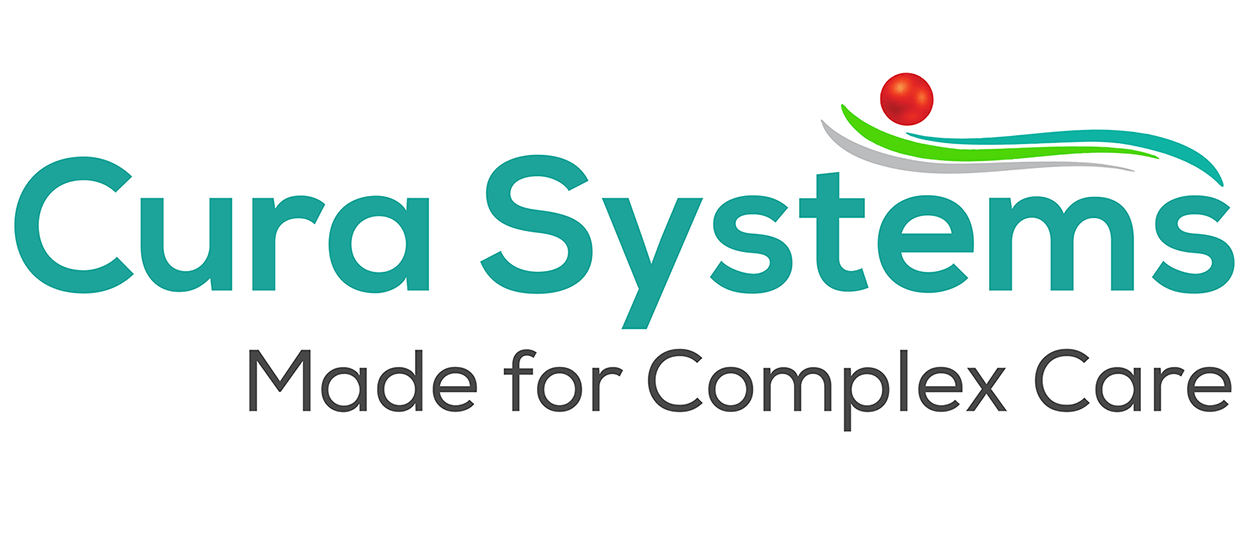Reassessing digital social care record system
Reassessing Digital Social Care Record Systems
We are increasingly driven by digitalisation, it’s easy to believe that technology and especially AI, holds the answer to every problem. As the social care sector accelerates its digital transformation initiatives, a critical question emerges: are existing digital systems truly equipped to support the complex care needs of service users? Certainly, no two service users are alike, and so too it is with digital care systems.
We have seen incredible advancements in digital solutions across various sectors, and healthcare is no exception. However, it’s evident that in complex care environments, one-size-fits-all solutions invariably fall short of supporting the unique and challenging demands of each service user.
Are They Truly Supporting Complex Care Needs?
The Care Quality Commission (CQC) and National Health Service (NHS) England have played a pivotal role in improving digital maturity across adult social care providers. However, in the headlong rush to get care providers into a digital social care record system and to take advantage of the monetary incentives, some decisions may now need to be revisited to ensure the promise is being delivered.
Despite significant progress, many providers still rely on care management platforms that are not fully capable to effectively manage complex care conditions such as severe dementia, profound autism, learning disabilities, challenging behaviour, mental health, palliative care and other long-term chronic illnesses.
Digital solutions specifically designed for complex care environments play a crucial role in addressing these challenges. This is where Cura comes to the fore – putting you in control with key features that include:
- Highly configurable risk assessments
- User-definable care plan structures
- GP Connect HTML View
- Dynamic management dashboard
- In-depth incident reporting
- Integrated roster
- Next of kin and staff (personal) apps
- Discrete use of AI
Without such intuitive, built-for-purpose solutions, care providers may struggle to deliver the responsive, integrated care that complex cases demand. Personalisation is at the core of effective complex care. The ability to create and modify forms ensures that care plans and assessments are directly relevant to each user’s situation. One of Cura’s stand-out features is its readiness to adapt to unique care situations and make caregiver productivity a core part of the system.

